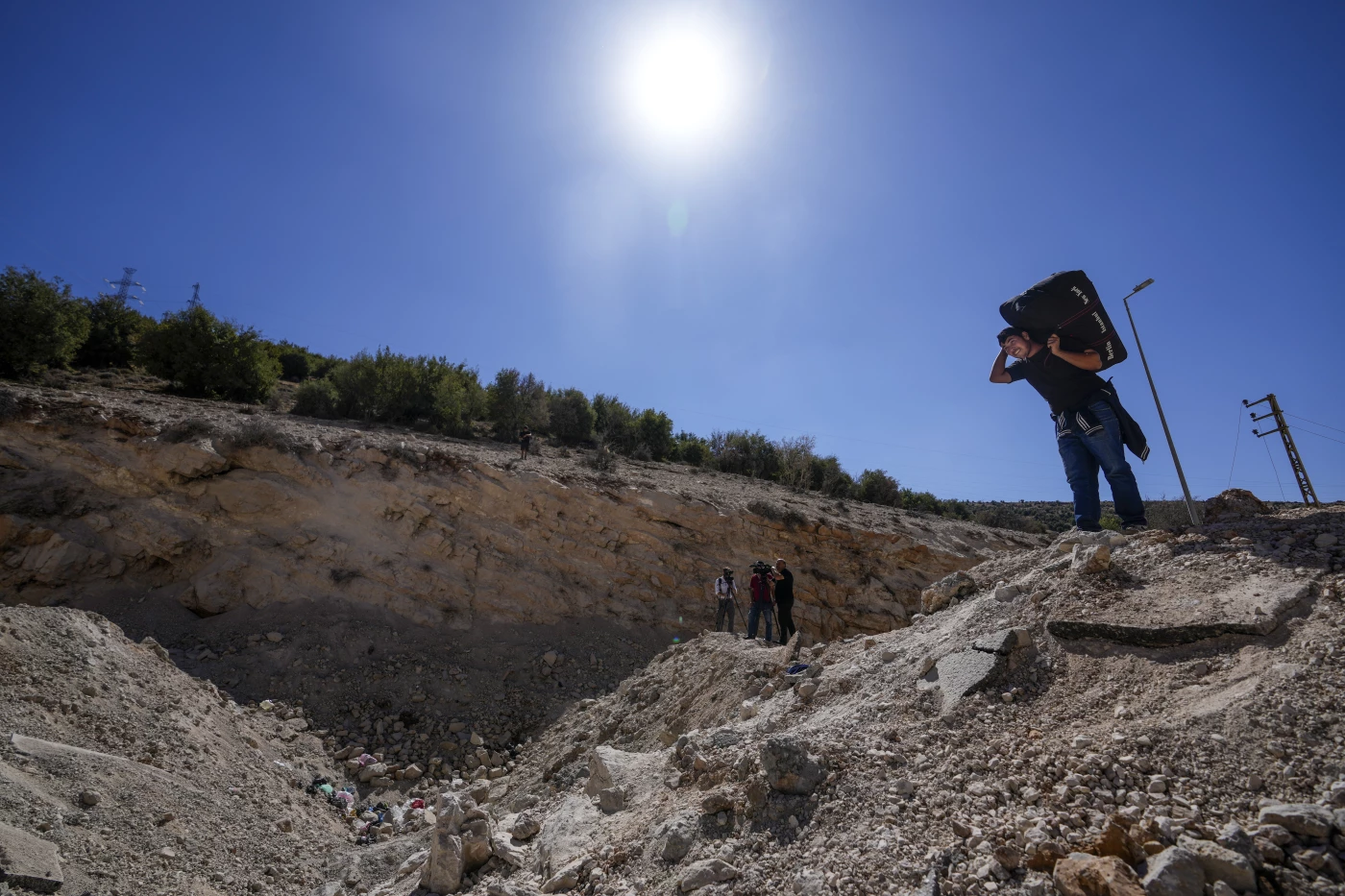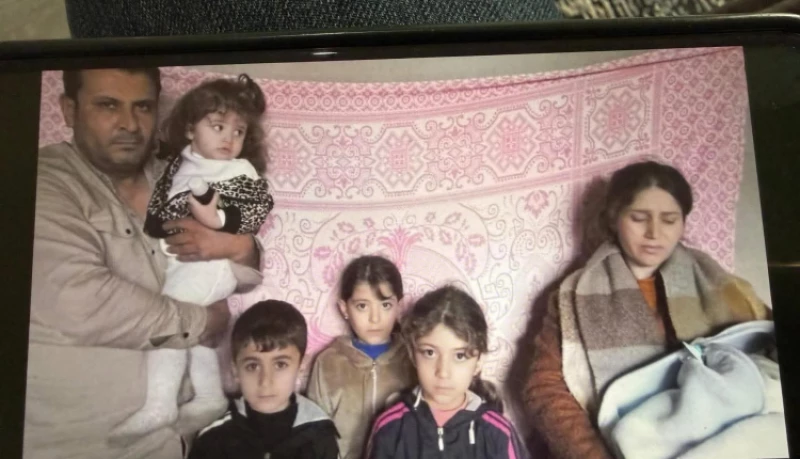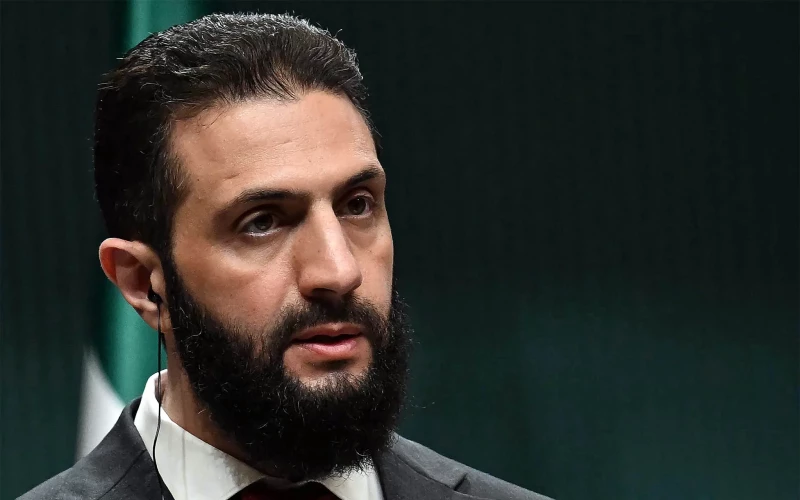DUBAI, UAE - UN Special Envoy for Syria Geir Pedersen warned on Thursday that the ongoing war in Gaza and Lebanon could spill over into Syria, with severe consequences for the region. He called for urgent action to protect Syria from becoming entangled in a broader regional conflict, noting the worsening situation in the war-torn country.
During his monthly briefing to the UN Security Council on Syria, Pedersen highlighted the displacement of “hundreds of thousands of Syrians and Lebanese” fleeing from Lebanon into Syria, which is already grappling with its own escalating conflict.
Pedersen pointed to Israeli airstrikes across Syria last month, describing them as the “widest, most intense, and harshest” in 13 years. “Dozens of sites were bombed, including residential areas in the heart of Damascus,” he said.
According to the Syrian government, Israel has conducted more than 116 strikes since October 2023, killing more than 100 people.
The UN envoy warned that the regional escalation is “dangerously fueling” conflict in northwestern Syria. He noted that the group Hay’at Tahrir al-Sham, designated as a terrorist organization by the UN, launched a major raid on government-held areas, alongside reports of drone attacks from Idlib and continued shelling by artillery and rockets.
Pedersen also flagged Israeli strikes on the Beirut-Damascus highway, which “hindered the movement of civilians fleeing the war in Lebanon” and choked off a key trade route between the two nations. “We are now seeing a decline in trade movement and gasoline prices in Syria doubling,” he said.
The envoy also expressed concern about the situation in northeastern Syria, where US military bases have reportedly come under renewed attack, prompting retaliatory artillery strikes from the American forces. This escalation, Pedersen said, adds to already increasing tensions in an area where forces including the Syrian Democratic Forces (SDF), government troops, and armed opposition groups are active. Turkish drone strikes have also been reported.
The deteriorating situation on multiple fronts complicates efforts to combat terrorist groups, Pedersen noted, particularly the Islamic State (ISIS) which “remains a serious threat.”
The envoy warned that all conditions are in place for a “military, humanitarian, and economic storm to strike Syria, with unpredictable consequences” for both civilians and global peace and security. He issued five urgent appeals, stressing that Syria must be shielded from further conflict. “It cannot become an open arena for others to settle their scores or fuel other theaters of war,” he said.
Pedersen called for a regional de-escalation, echoing UN Secretary-General Antonio Guterres' plea for an immediate ceasefire in Gaza and Lebanon. He voiced concern over the potential for further escalation between Israel and Iran and its impact on Syria, warning that such tensions could dismantle the fragile ceasefire agreements that have helped freeze frontlines in Syria for nearly four years.
The envoy urged increased efforts to calm tensions and work towards a nationwide ceasefire in Syria, in line with UN Security Council Resolution 2254. He emphasized that all parties involved, including Israel, must adhere to international humanitarian law, particularly principles of distinction, proportionality, and precaution.
Pedersen also reminded UN member states of the importance of the UN Disengagement Observer Force (UNDOF), stressing that both Israel and Syria must adhere to the Disengagement Agreement. Violating the terms of the agreement, he warned, could further escalate tensions in the region.



 Facebook
Facebook
 LinkedIn
LinkedIn
 Telegram
Telegram
 X
X


